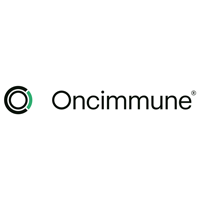A pioneering lung cancer screening initiative in the Augusta, Ga., area found more than double the rate of cancer observed in previous studies. An analysis of the data collected points toward the need for ongoing, accessible, free screening in high-risk and underserved populations, say researchers from Georgia Cancer Center at Augusta University.
High-risk groups include those who have smoked a pack of cigarettes daily for two or three decades, who are currently smokers, or those who quit smoking less than 15 years ago. Screening was offered by combined positive emission tomography (PET) and computed tomography (CT) scans.
The initiative screened 264 people within a 150-mile radius of Augusta. Of the 398 individuals who signed up for the screening, 350 qualified and 264 had lung cancer screening. More than 80 patients were not screened in the first year, mostly due to socioeconomic and travel limitations.
Previous trials like the National Lung Screening Trial, launched in 2002 in 33 large urban centers, and the Lahey Hospital & Medical Center trial in Massachusetts, launched a decade later, were used to model the Augusta screening initiative.


